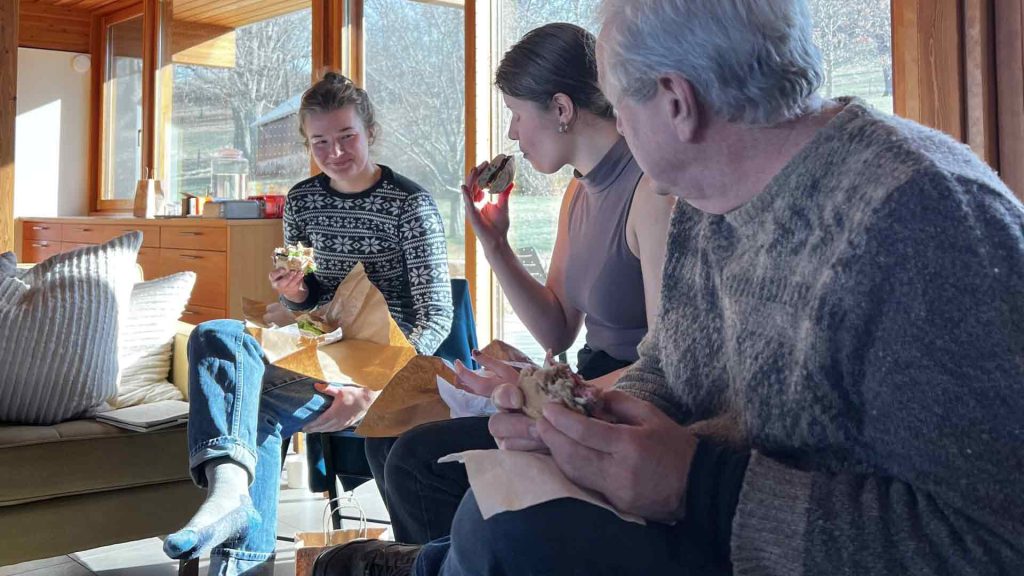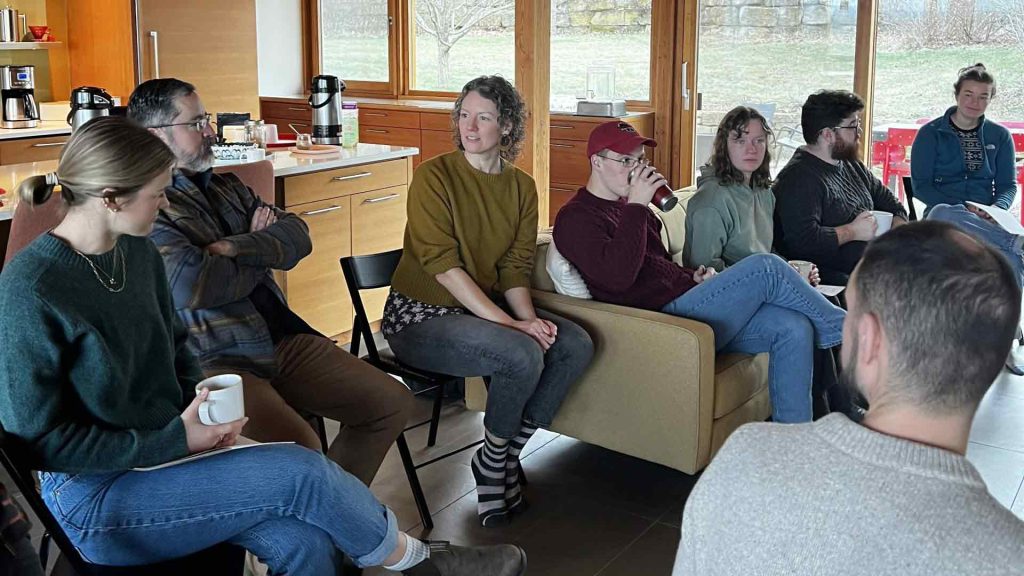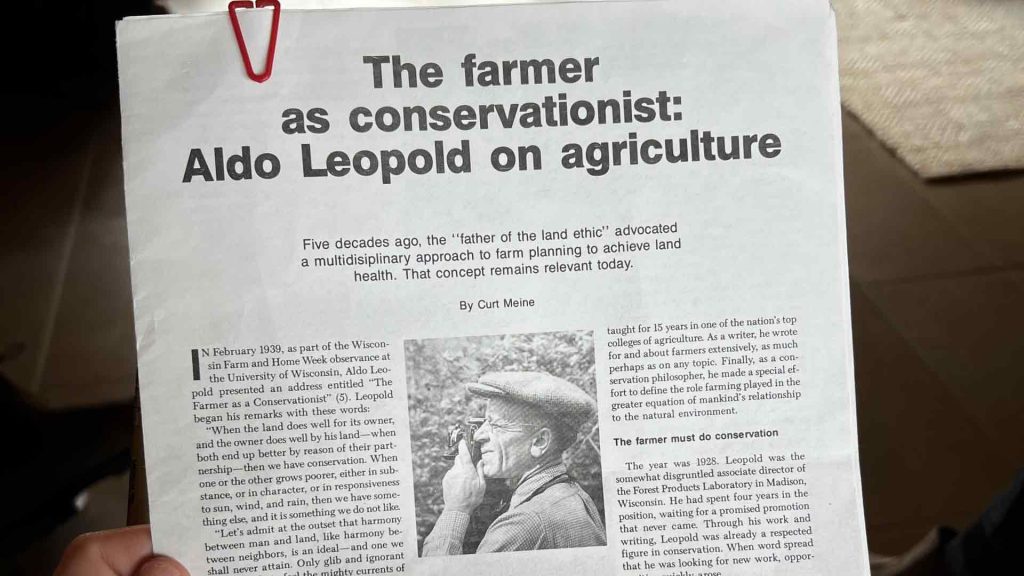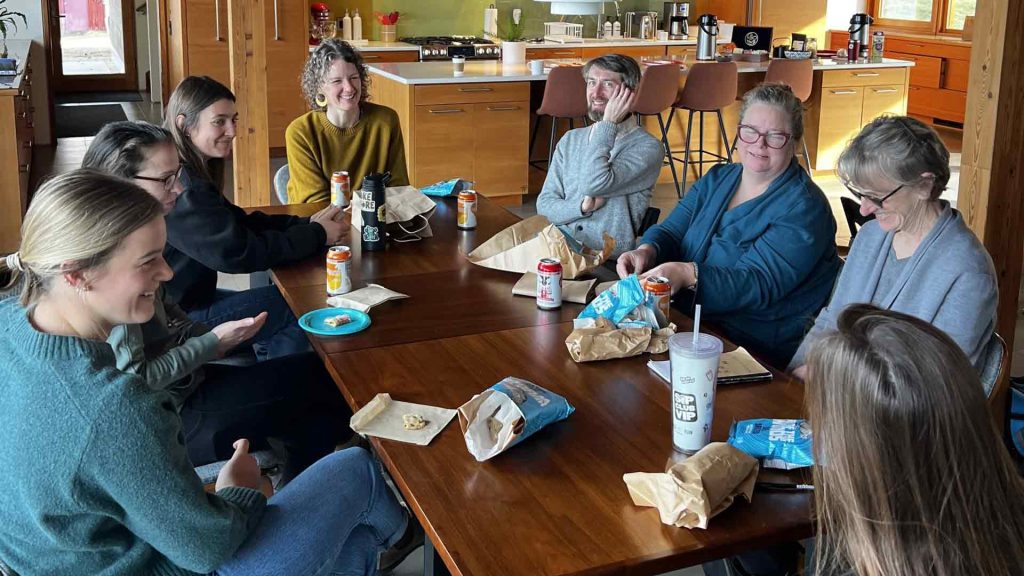Gutenberg-SUMMER RESEARCH MINIGRANT PROGRAM 2024
Amon, Fisher, Glynn, Hrycyna, Judd, Lewis, Lu, Oker, Robbins, Shoenberger, Terris
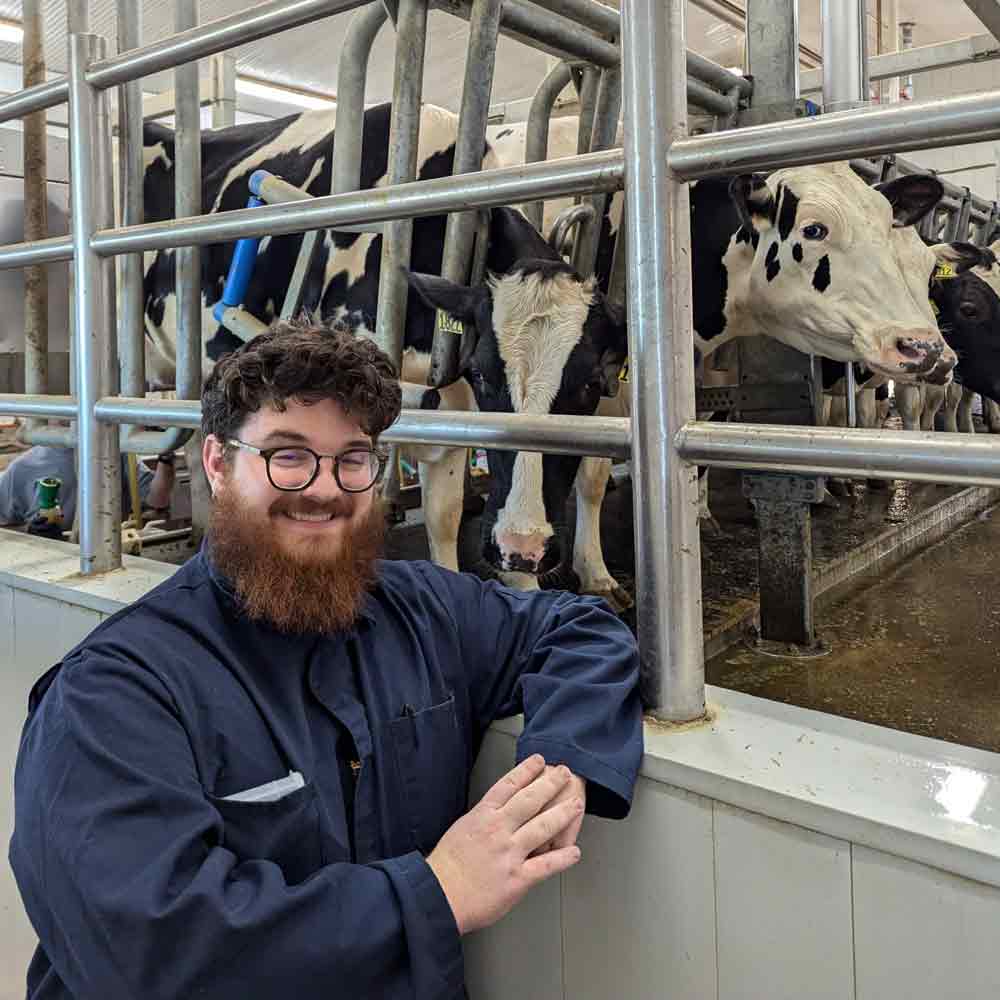
Nolan Amon investigated the bacterial communities of flies on dairy farms to determine their structure, relationship with fly natural history, and potential risk for disease transmission to cattle.
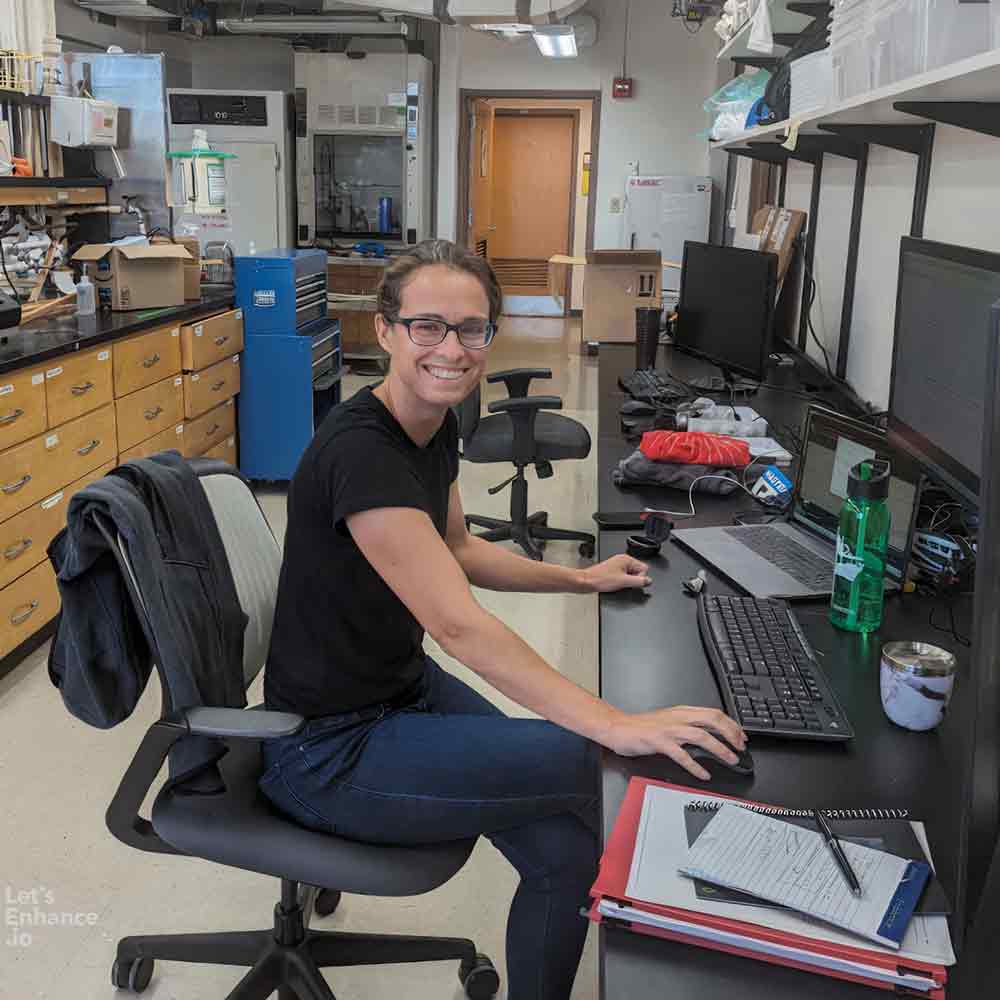
Lauren Glynn leverages computer vision and machine learning to monitor biodiversity in agricultural ecosystems. Her research focuses on automating insect identification and classification to improve pest management strategies and support sustainable farming practices.
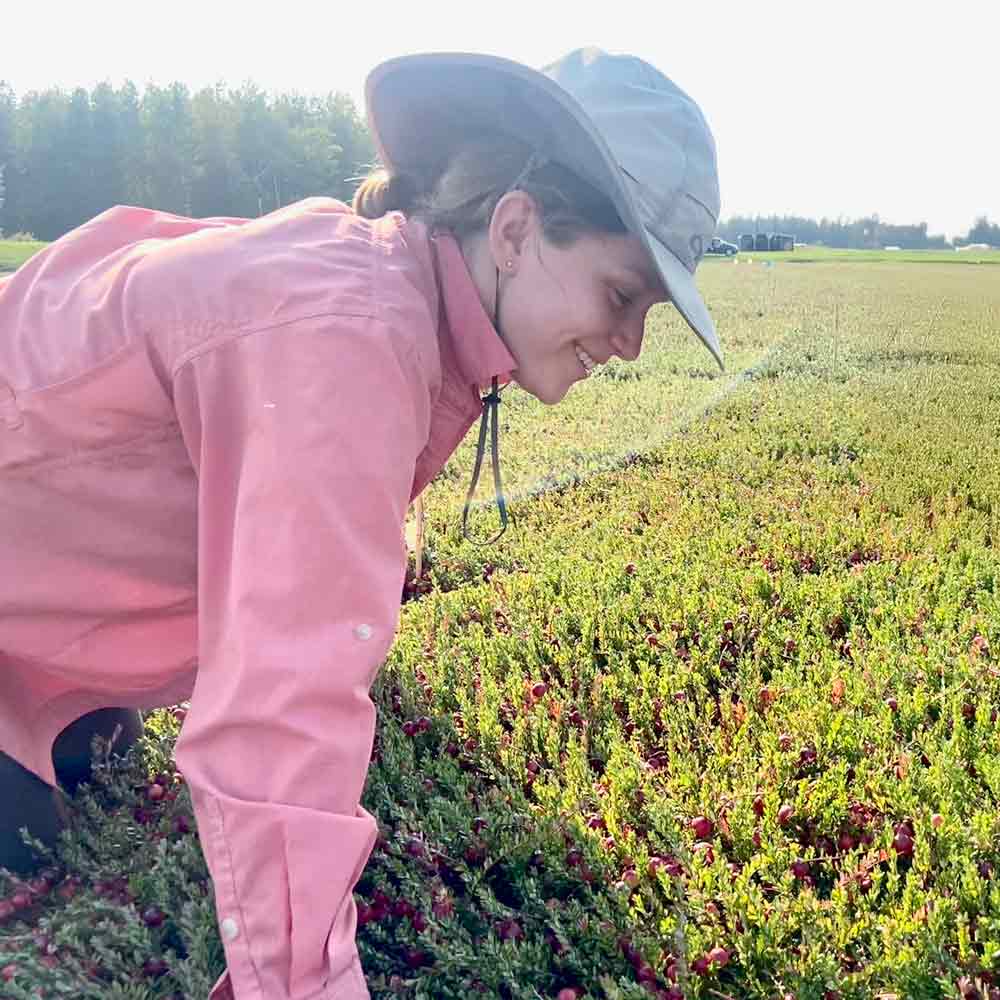
Elizabeth Hrycyna tested how best to use microscopic roundworms as a biopesticide to control a cranberry pest beetle in commercial cranberry marshes.
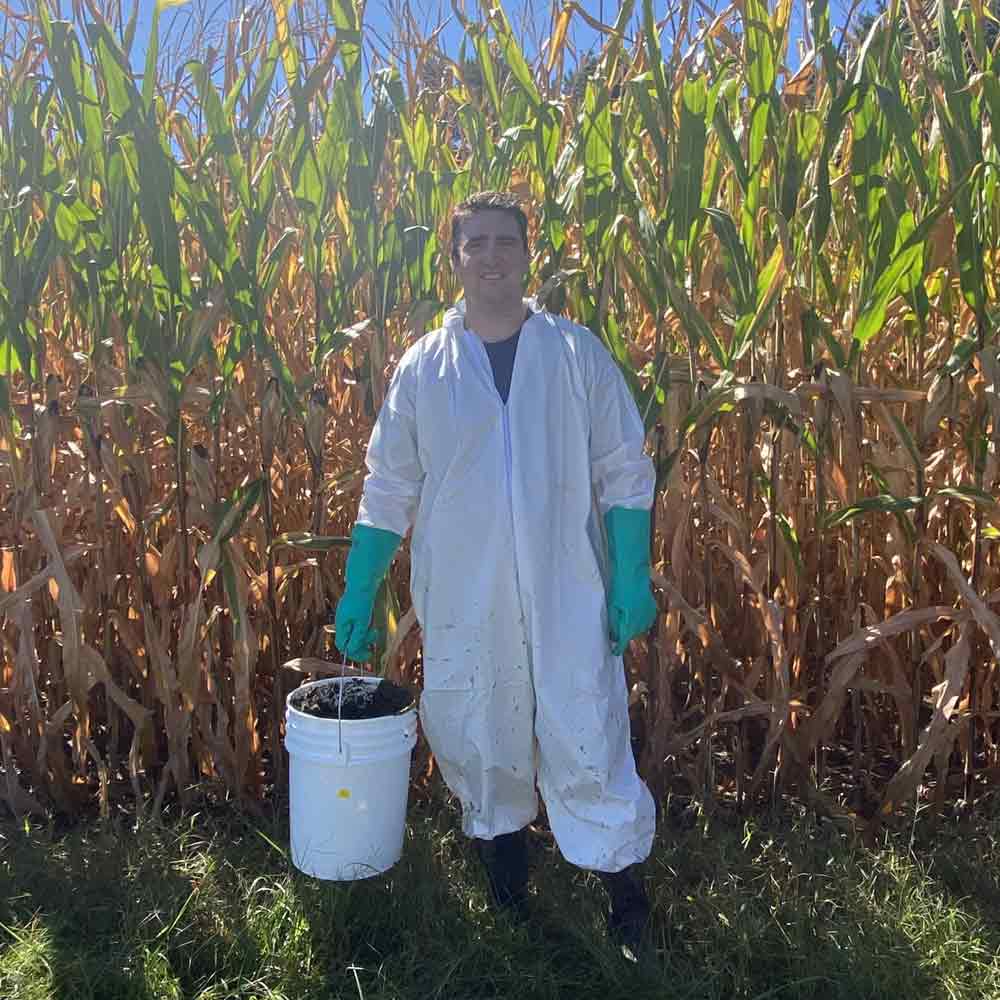
Tanner Judd leveraged stable isotopes to investigate the power of grass cover crops for retaining fall-applied manure nitrogen.
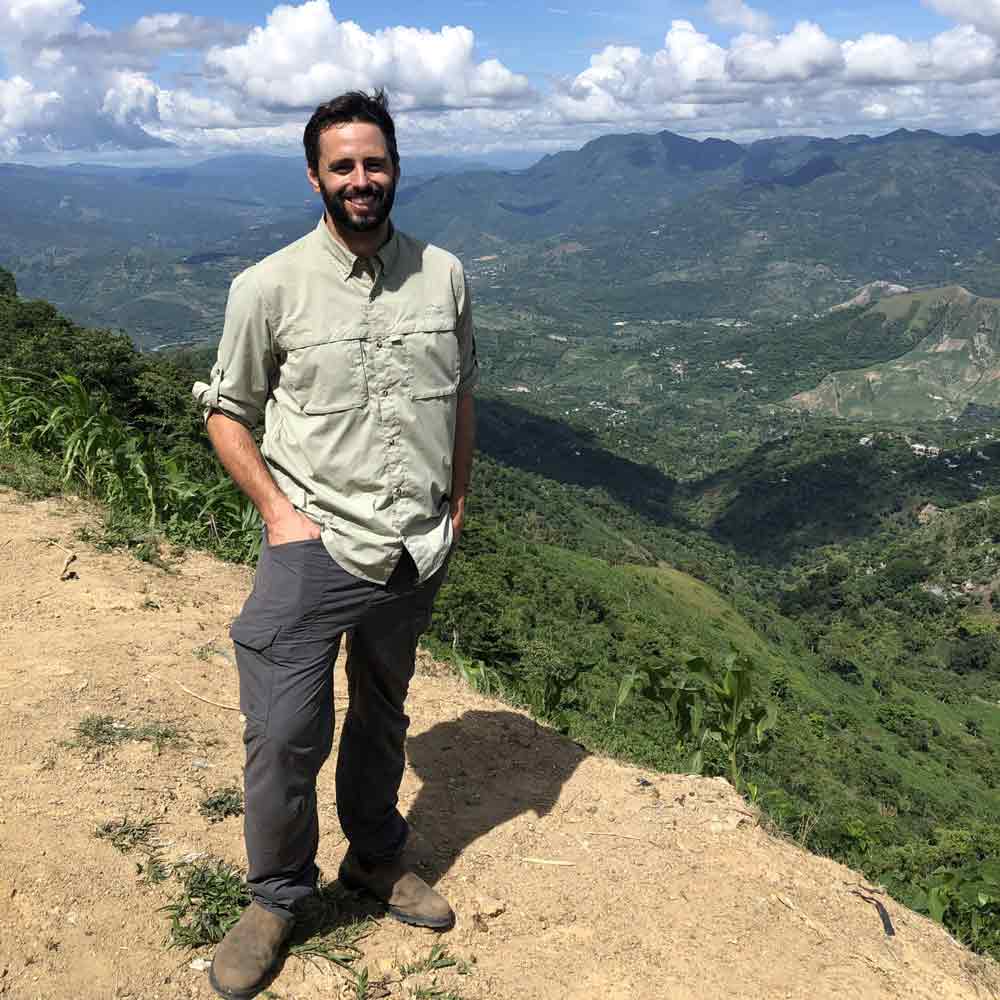
Chris Lewis studied how small farmers in Chiquimula, Guatemala are managing climate-change-induced water scarcity.
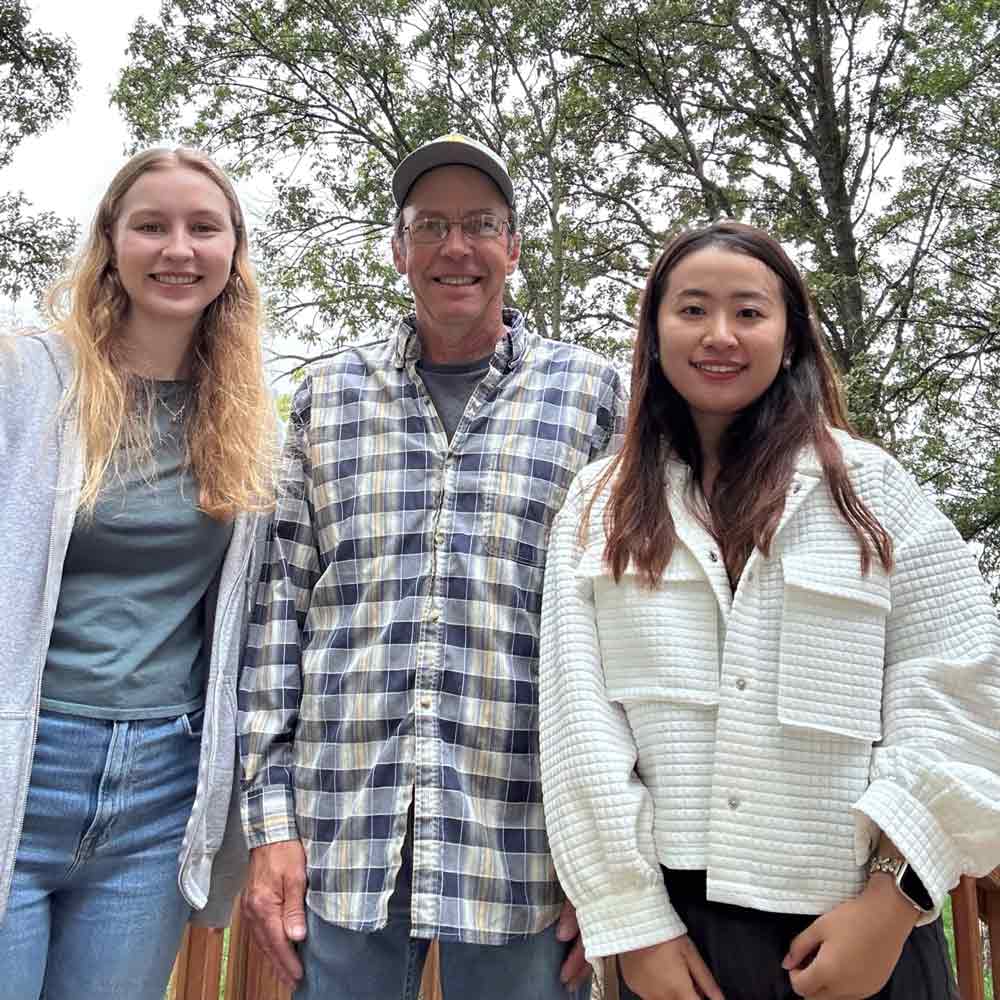
Maddie Olson (left), Christopher Heckel (middle), Yu Lu (right) after a productive, thoughtful, and insightful discussion about farm financial programs and conservation practices during a farm visit in Wisconsin.
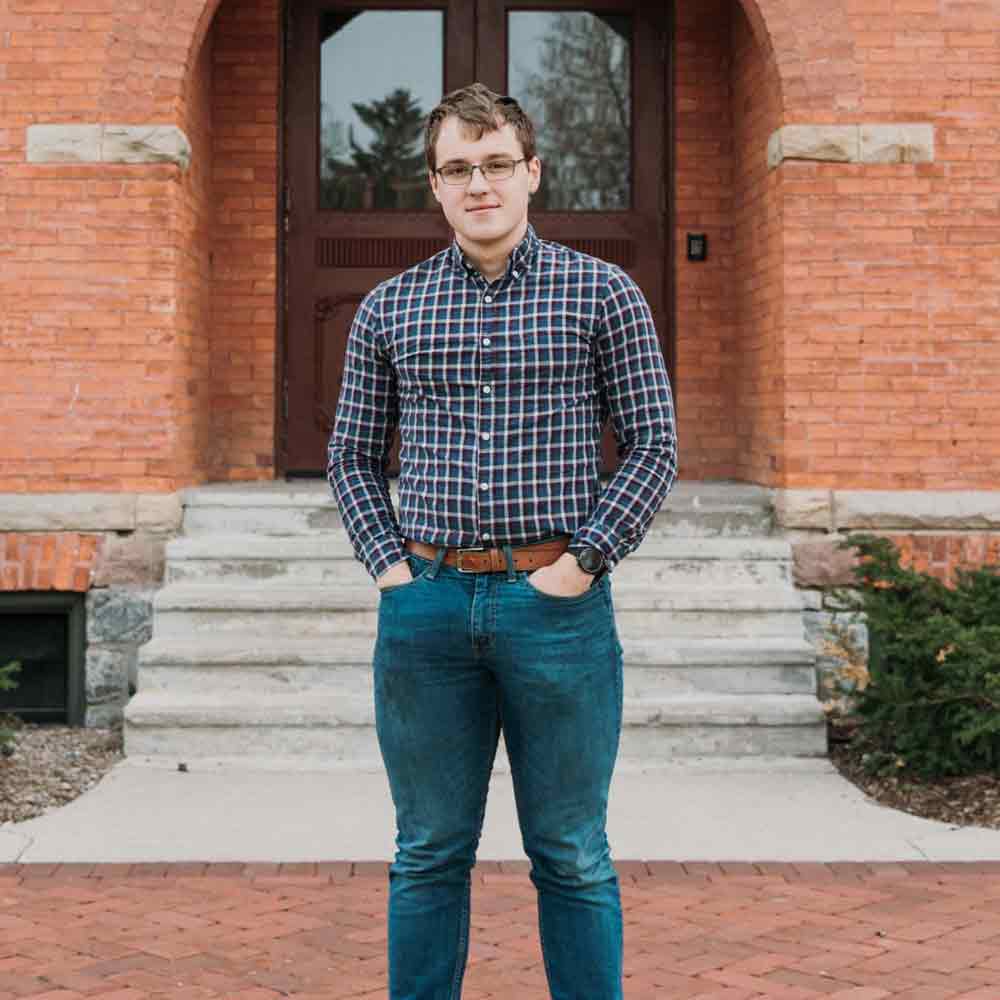
Fletcher Robbins determined the impact of various weather factors and circadian rhythm on pest ‘catchability’ for several important pests of alfalfa and soybean.
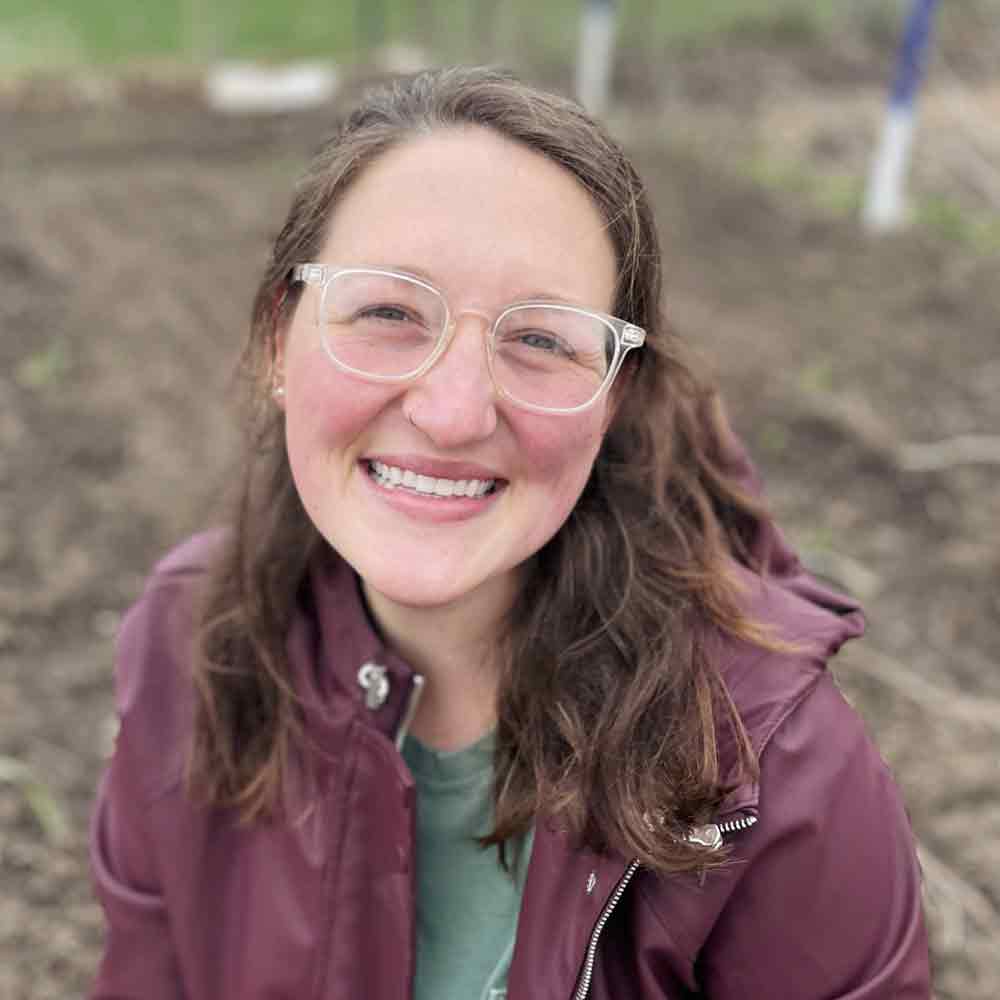
Erica partners with Wisconsin farmers to evaluate the ecosystem benefits of growing Kernza, a perennial grain. She also interviews these growers to understand their experiences and challenges with growing, processing, and marketing this new crop.
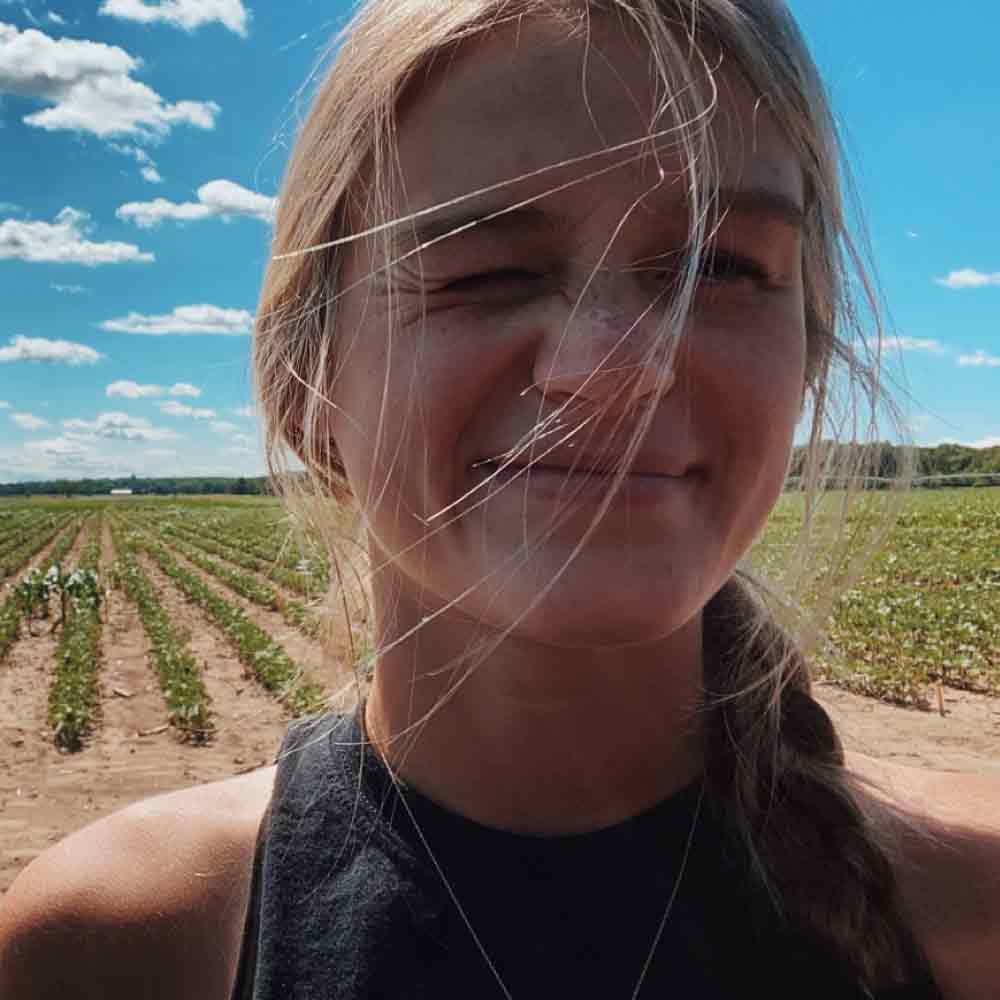
Emma Terris investigated the potential for cross-resistance across insecticides in Colorado potato beetles on Wisconsin organic potato farms.
2024 Mini-Grant Recipients Attend Environmental Leadership Training at the Aldo Leopold Foundation
Photo credit: Curt Meine
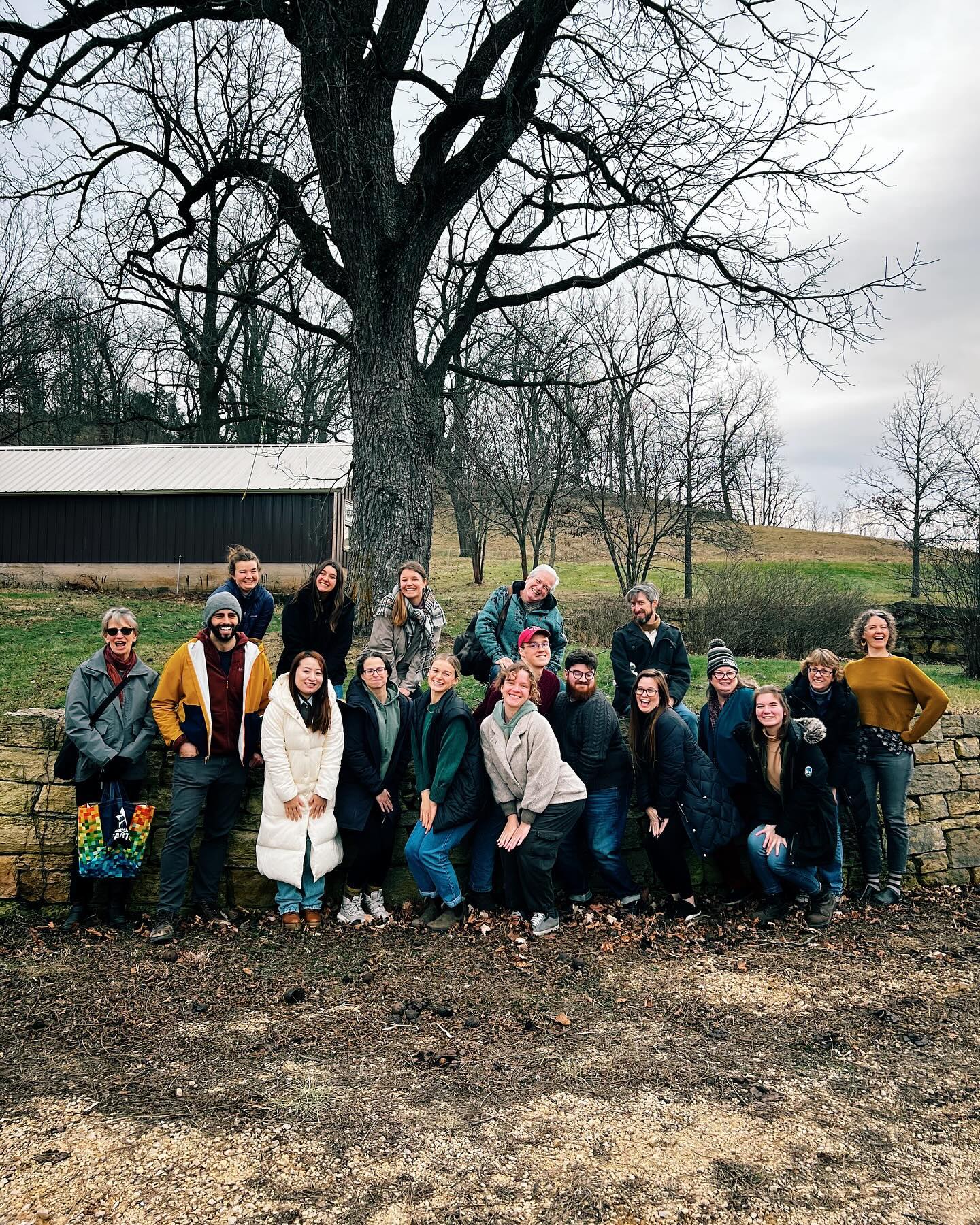
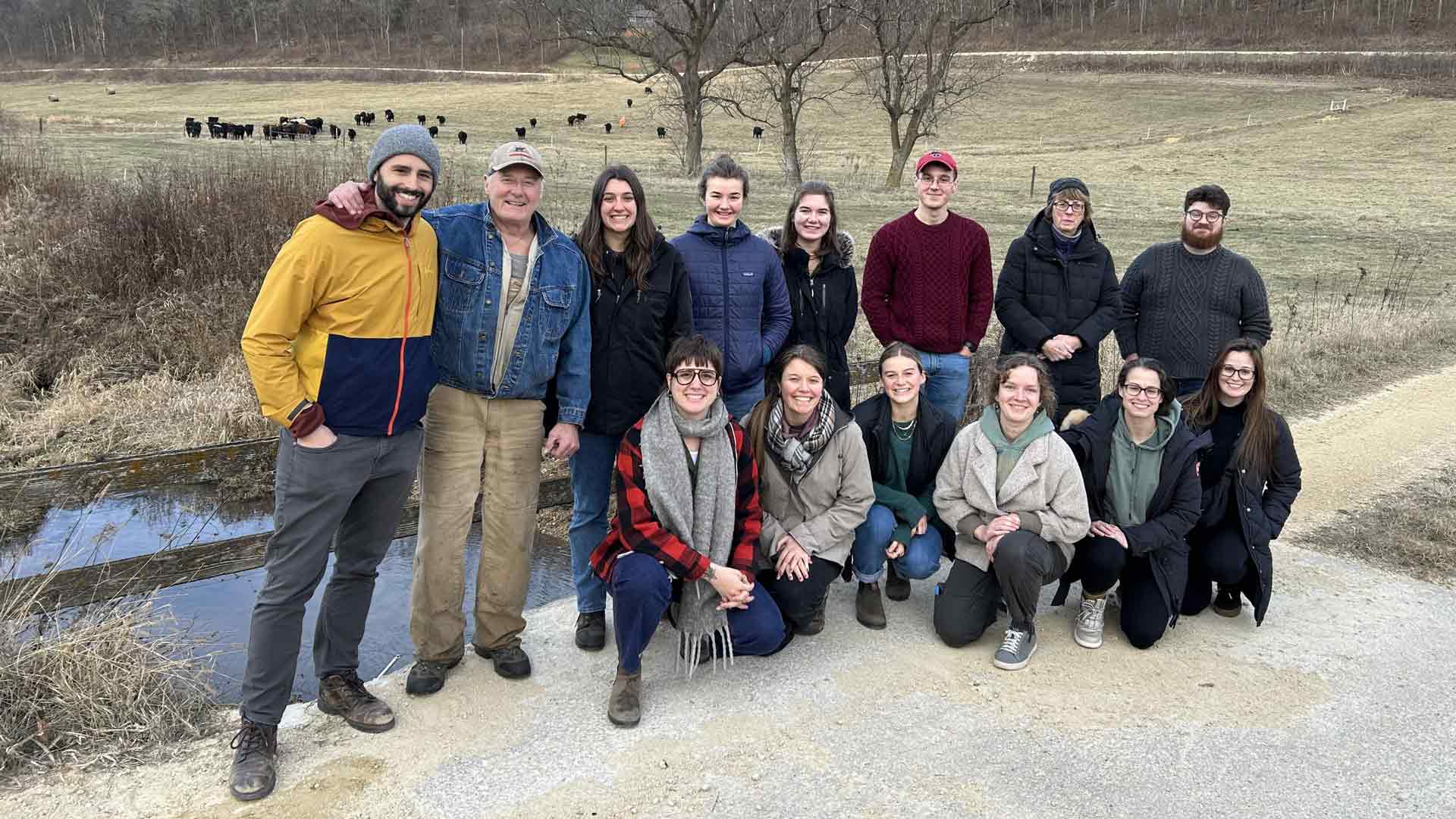
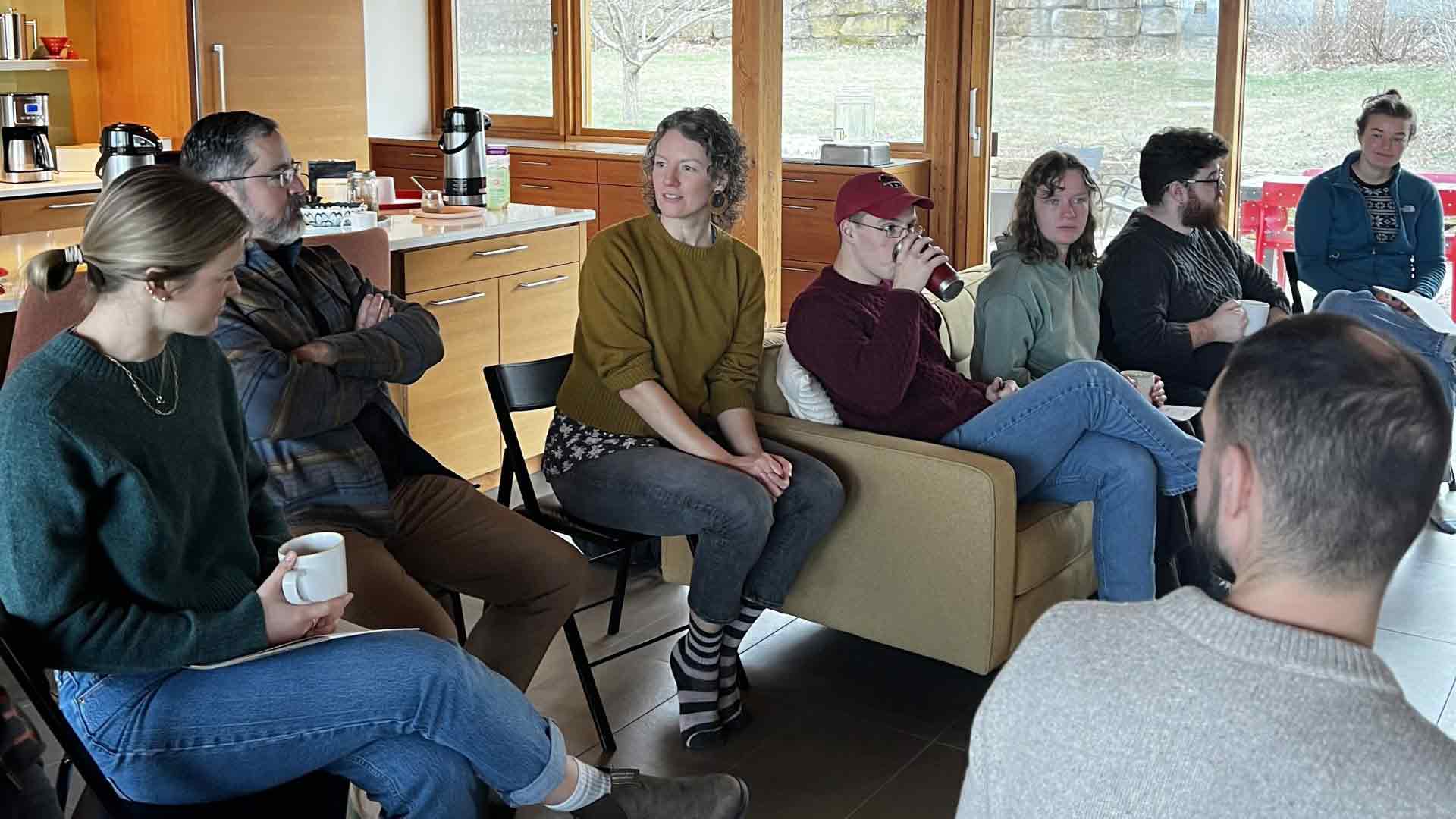
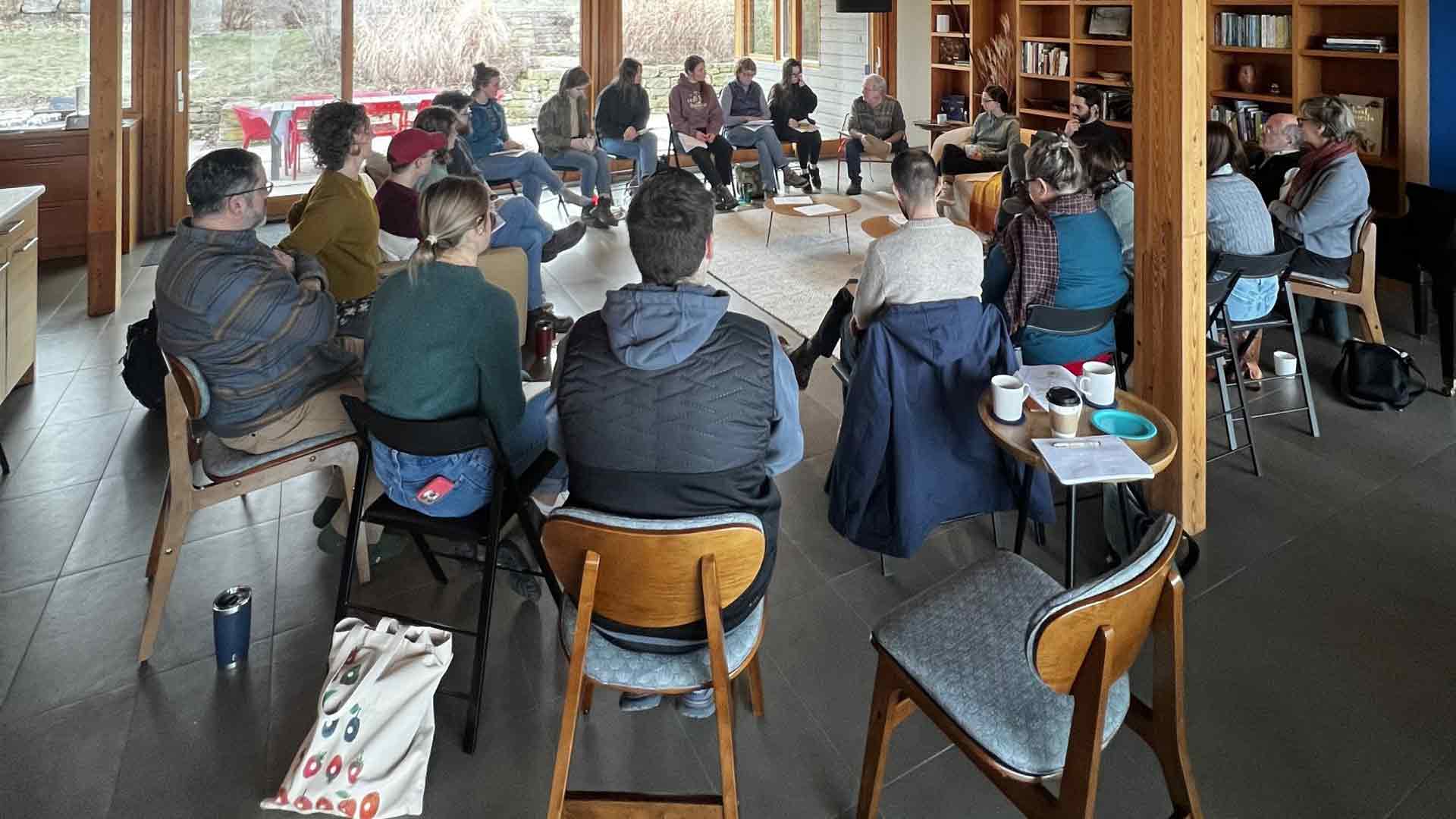
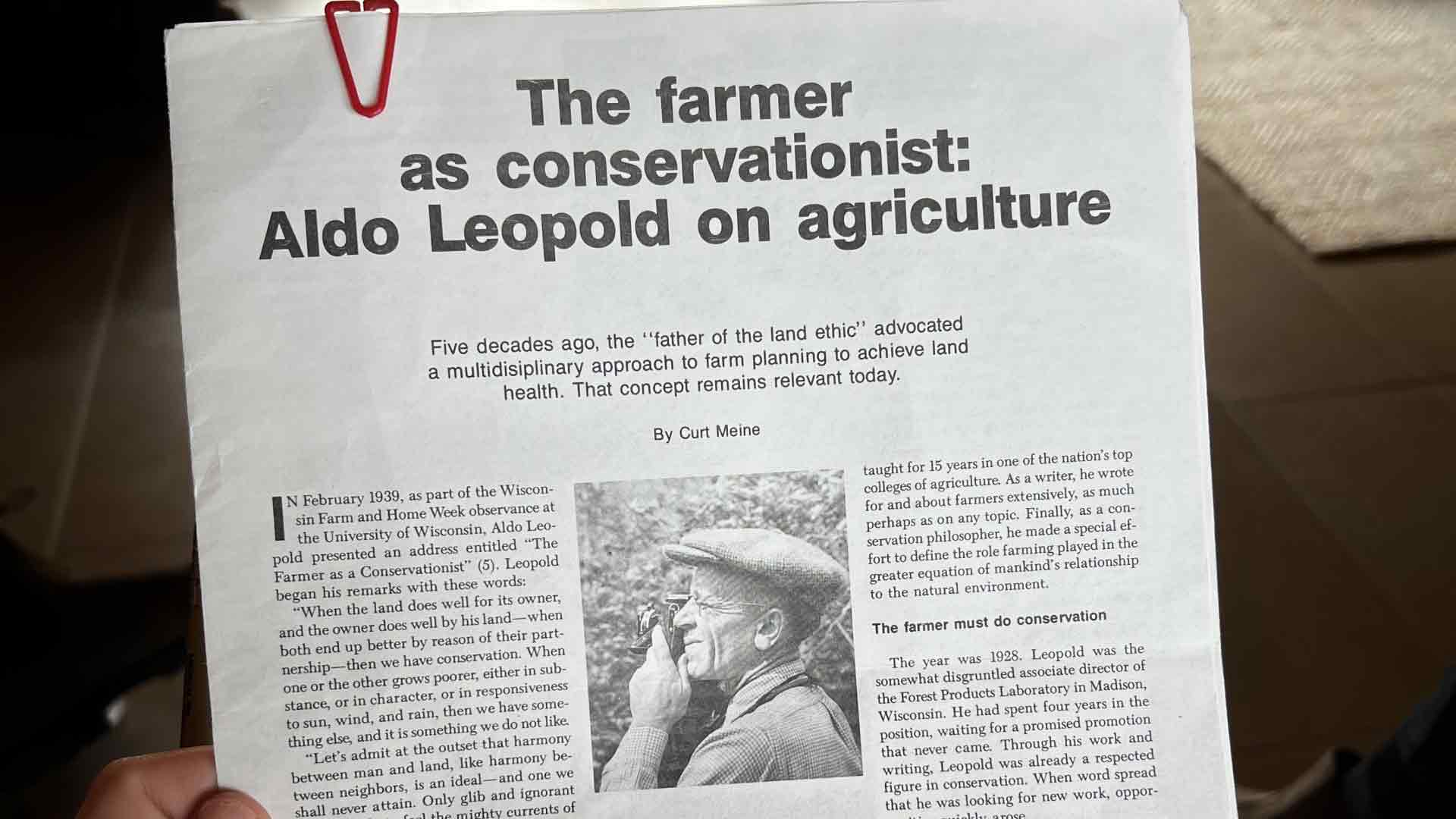
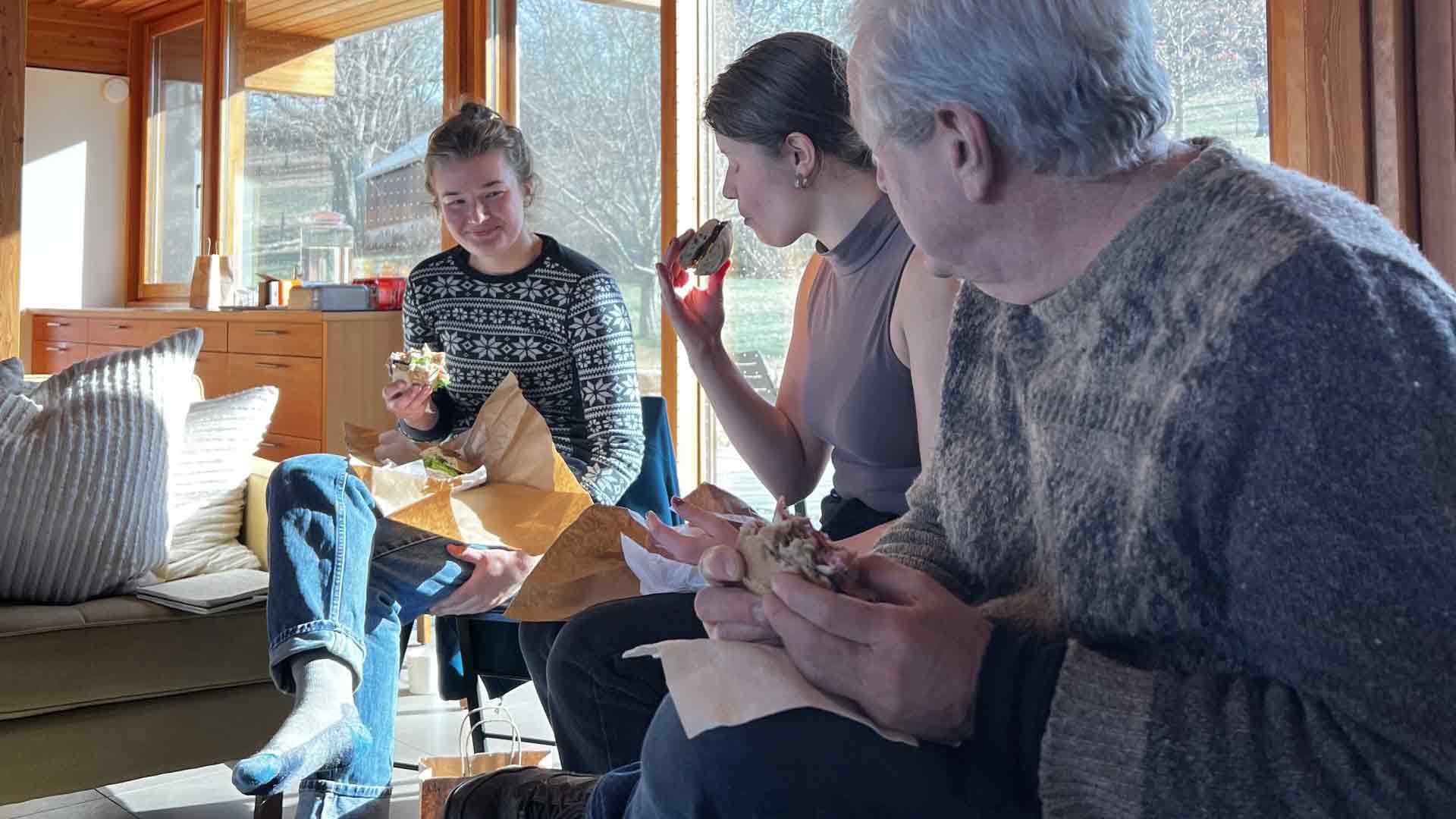
2024 Mini-Grant Recipients Attend Environmental Leadership Training at the Aldo Leopold Foundation
Photo credit: Curt Meine

